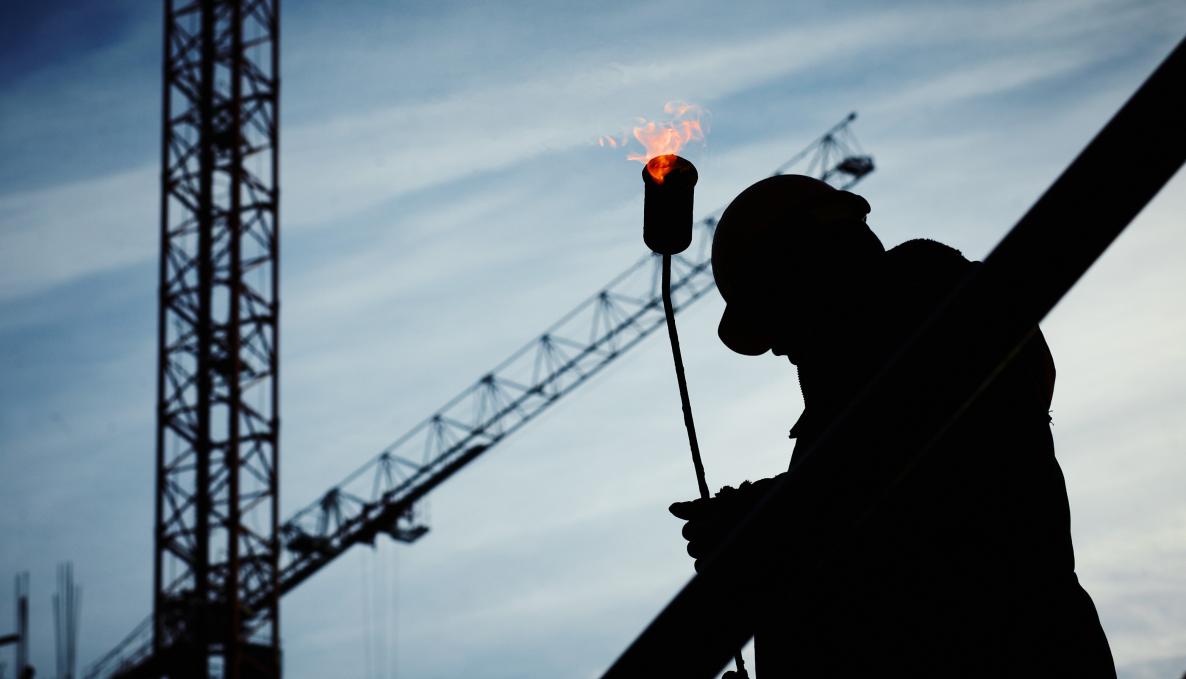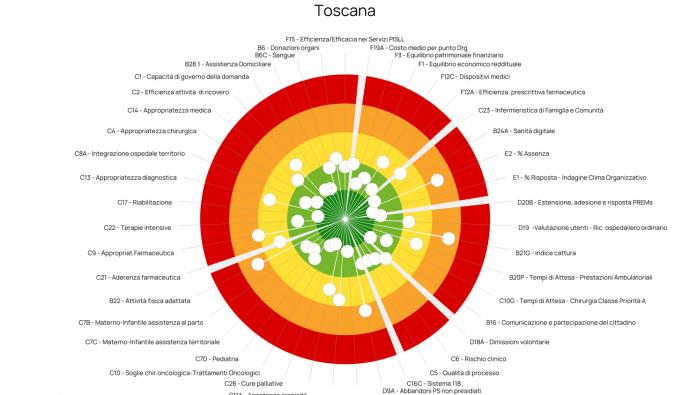PROCESS MONITORING AND CONTROL SYSTEMS FOR IRON AND STEEL MANUFACTURING: EUROPEAN COMMISSION PROVIDES 700,000 euro FOR SANT’ANNA SCHOOL RESEARCH PROJECTS

The Research Programme of the Research Fund for Coal and Steel (RFCS) is a funding program of the European Union intended to support research and innovation in the sectors related to the coal and steel industry.
The European Commission is committing over 700.000 euro through six projects developed at Sant’Anna School to support the steel industry with cutting-edge technology.
Valentina Colla, as the coordinator of the research team for Information and Communication Technologies for COmplex Industrial Systems and Processes - ICT-COISP at Sant’Anna School TECIP Institute, received financial contribution to support 5 projects (in Europe only 31 projects were financed by the EC under different instruments) improving the steel manufacturing process productivity and quality control.
The projects will address the European Union’s use of coal as a clean energy source through an efficient protection of the environment and the management of external dependence on energy supply. The European Commission encourages complementarity and synergies between the different research programs that will benefit consumers and producers by supporting public and private sectors investments into global value chains.
The projects will also help gain knowledge and experience in developing more accurate and consistent controls in the steel making process. As the World Steel Association has forecast that global demand will increase by 1.3% to 1.53 billion tons in 2018, and energy costs demand the steel industry optimizes energy usage across their facilities, the projects coordinated by Valentina Colla aim to take advantage of smart manufacturing and big data analytics. Through integration of systems and the opportunity to determine solutions for different industries such as metals production, researchers at Sant’Anna School are developing technologies associated with the big data evolution and artificial intelligence (AI).
CyberMan4.0 project aims at improving maintenance activities and plant reliability. The effectiveness of the predictive maintenance (to reduce costs and losses) is critical to the global steel industry. The project has the potential to reduce unscheduled losses and ensure quality products to be delivered to the customer on time. Sensors and AI software upgrading data acquisition platforms will provide better access to real-time equipment data, such as vibration levels in the production area. 8 European partners, including multinational companies ArcelorMittal and Tata Steel, will test the monitoring system and its networking capabilities (data do not need to be moved from the plant floor to the database).
NewTech4Steel project aims at developing advanced systems to collect big data and support improved analytics on the factory floor. New capabilities such as predictive maintenance will further enable analytics for delivering high quality products. Case studies and effective on-line manufacturing solutions developed at AFERPI – Piombino will be presented.
Quality4.0 project aims at incorporating production information and subject matter expertise in analytics. Taking advantage of AI and the improved big data environment, the Sant’Anna research team will work on case studies and manufacturing solutions developed at ILVA – Taranto.
TrackOpt project aims at improving the productivity and delivery of liquid steel to a steel processing unit through the implementation of Artificial-Inteligence-based sensors and components for ladle tracking. A full-scale comprehensive ladle management system will be developed for Ferriere Nord S.p.A. - Osoppo (Udine).
i3upgrade project aims to produce methane and methanol using off-gases from steelmaking. The integration of a methanol synthesis process combined with biomass shows competitive production costs. It may also reduce the specific CO2-emissions of the plant.
WHAM project aims at improving the management of water resources for industry and reducing the longer-term impact of energy needs. As the water resources network is deteriorating and needs to be rehabilitated, this project, through the implementation of Artificial-Inteligence-based sensors for tracking water data, will address the sustainability of the water services developing water source recycling and recirculating system for subsequent reuse.



